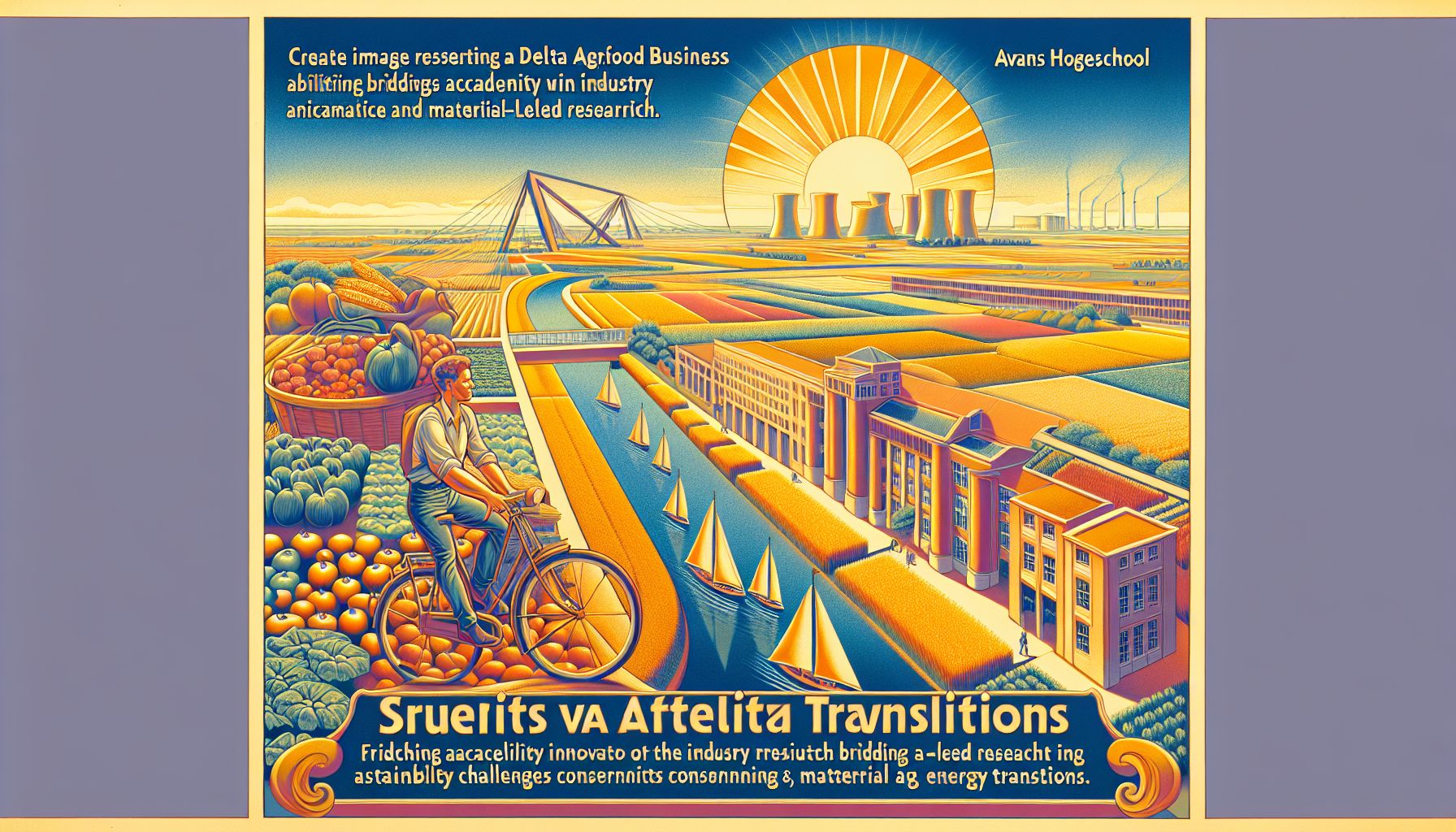Avans Hogeschool Pioneers Agrifood Innovation through Student Research

Breda, Tuesday, 8 October 2024.
Avans Hogeschool’s Delta Agrifood Business is bridging academia and industry by engaging students in practical research. This initiative aims to accelerate innovation in the agrifood sector, fostering the next generation of innovators and addressing the challenges of materials and energy transition for a sustainable future.
The Role of Avans Hogeschool in Agrifood Innovation
Located in Breda, Avans Hogeschool’s Delta Agrifood Business is at the forefront of integrating academic research with industry needs, specifically in the agrifood sector. The institution leverages practical research involving students to tackle challenges related to the materials and energy transition. This dual focus not only equips students with hands-on experience but also contributes to sustainable solutions within the industry.
Driving Sustainable Agritech Solutions
Avans Hogeschool’s approach emphasizes the importance of sustainable practices in agritech, a critical focus area within agrifood innovation. By collaborating with small and medium-sized enterprises (SMEs), the school works to bridge the gap between innovative research and real-world application. This collaboration aims to create a positive impact on the agrifood sector by advancing sustainable practices and technologies, crucial for addressing current environmental challenges.
Bridging Academia and Industry
The partnership between Avans Hogeschool and local businesses is a testament to the potential of academic-industry collaborations to drive innovation. By engaging students in research projects that address real-world problems, the institution ensures that academic learning is directly applicable to industry needs, fostering a new generation of professionals who are adept at navigating both academic and industrial realms.
Benefits of the Initiative
This initiative at Avans Hogeschool offers multiple benefits, including the development of innovative solutions to agrifood challenges and the preparation of students for future careers in the sector. By working on projects that address the materials and energy transition, students gain valuable insights into sustainable practices and innovation, skills that are increasingly in demand in today’s job market.
Conclusion
Avans Hogeschool’s efforts in pioneering agrifood innovation through student research represent a significant step towards sustainable solutions in the sector. By fostering collaboration between academia and industry, the institution not only prepares students for successful careers but also contributes to the broader goal of achieving sustainability in agrifood practices. This approach highlights the critical role of educational institutions in driving innovation and sustainability in key sectors.

